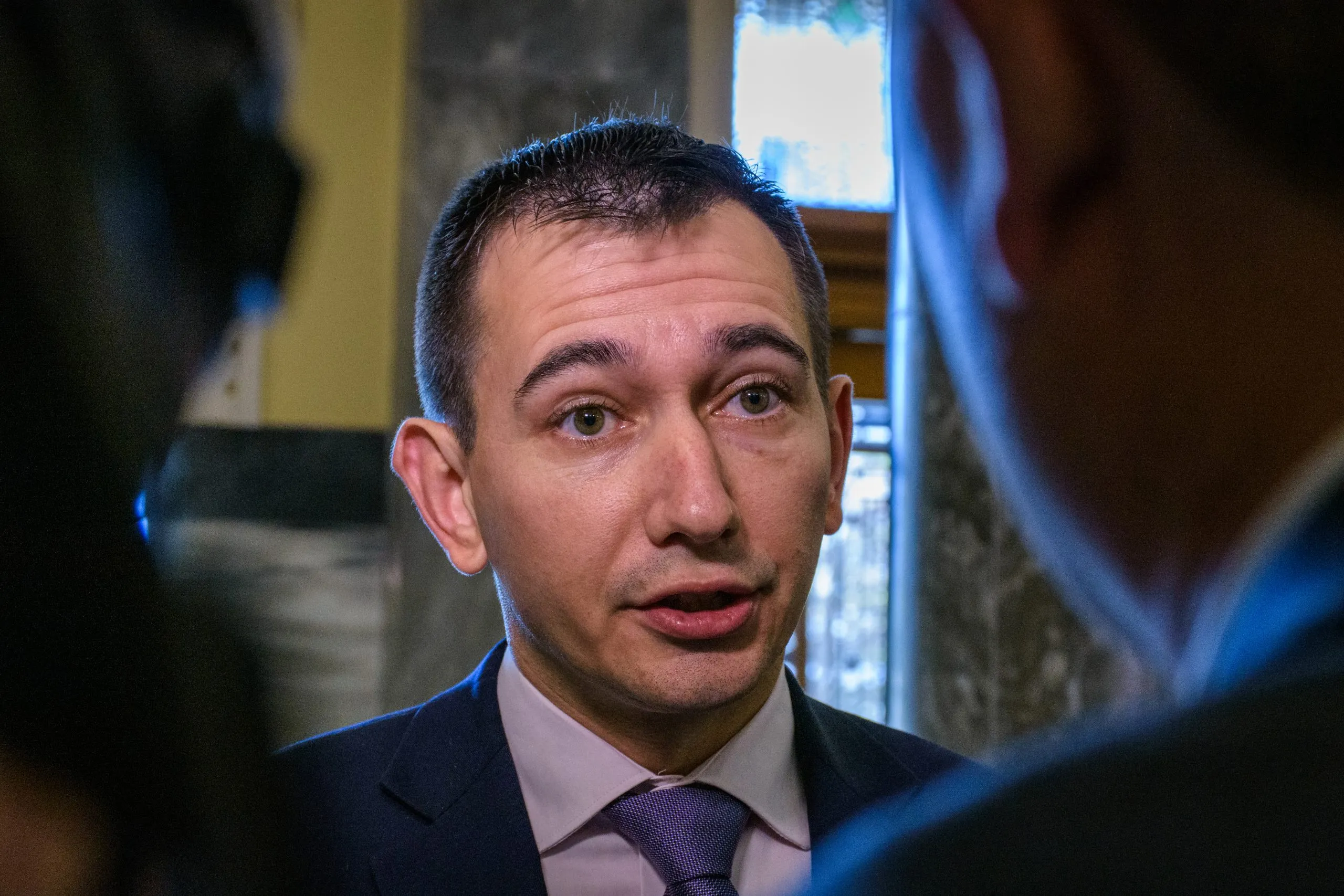
The defendant, Inland Empire Health Plan, calls the government’s lawsuit “a brazen attempt at revisionist history.”
SOUTHERN CALIFORNIA — The U.S. Department of Justice has filed a lawsuit against Rancho Cucamonga-based Inland Empire Health Plan, alleging the large not-for-profit submitted false claims to California’s Medicaid program.
According to the complaint filed Sept. 17, attorneys representing the federal government claim that IEHP “illegally” spent “hundreds of millions of dollars of surplus [federal] funding in a fraudulent scheme designed to pad its own coffers.”
IEHP touts itself as one of the top 10 largest Medicaid health plans and the largest not-for-profit Medicare-Medicaid public health plan in the country. Now in its 27th year, IEHP supports more than 1.5 million Riverside and San Bernardino County residents enrolled in Medicaid or IEHP DualChoice (those with both Medi-Cal and Medicare), according to the organization’s website.
The federal government’s lawsuit stems from alleged misdoings by IEHP that date back a decade to the dawning of Medicaid Expansion.
Beginning in January 2014, Medi-Cal — California’s health care program funded by Medicaid — was expanded to cover the previously uninsured. Dubbed “Medi-Cal Expansion,” the program provided health care coverage for very low-income adults of all ages. Medicaid provides health care coverage for the neediest U.S. residents.
The federal government fully funded the expansion program for the first three years, and IEHP received funding to serve its clients.
If IEHP did not spend at least 85% of those funds on “allowed medical expenses,” IEHP was required to repay the state the difference between 85% and the actual amount spent. California, in turn, was required to return that amount to the federal government, according to the complaint.
The complaint alleges that IEHP developed schemes to misuse surplus Medi-Cal Expansion funding for impermissible purposes, including spending on administrative expenses, other patient populations, “and simply giving away federal funding in exchange for no value in return,” according to the complaint.
To make the spending appear legitimate, IEHP deceived the state by making false statements — which it knew would be relayed to the federal government — about the nature, timing, and purpose of its payments to providers, the complaint alleges.
A statement released Sept. 18 by IEHP legal counsel Gibson, Dunn & Crutcher, LLP, characterized the federal government’s lawsuit as a “misguided civil legal dispute” in which the DOJ is trying to contest Medi-Cal health benefits paid out a decade ago and that were previously disclosed to and approved by regulators with full transparency.
“The allegations are a brazen attempt at revisionist history that is not only wrong as to the facts and law, but also particularly galling in light of the federal government’s wider attacks on state Medicaid funding,” said Gibson, Dunn & Crutcher, LLP attorney Winston Y. Chan. “Conspicuously absent from the lawsuit — which the state of California did not join as a co-plaintiff — is any allegation whatsoever that Inland Empire Health Plan or any of its personnel retained any of the funds in question or that providers serving the neediest Californians did not actually receive every dollar awarded to them.”
Chan said his firm looks forward to taking the case to court, “and exposing the mistaken assumptions, flawed reasoning, and false conjecture that is rife throughout the allegations.”



